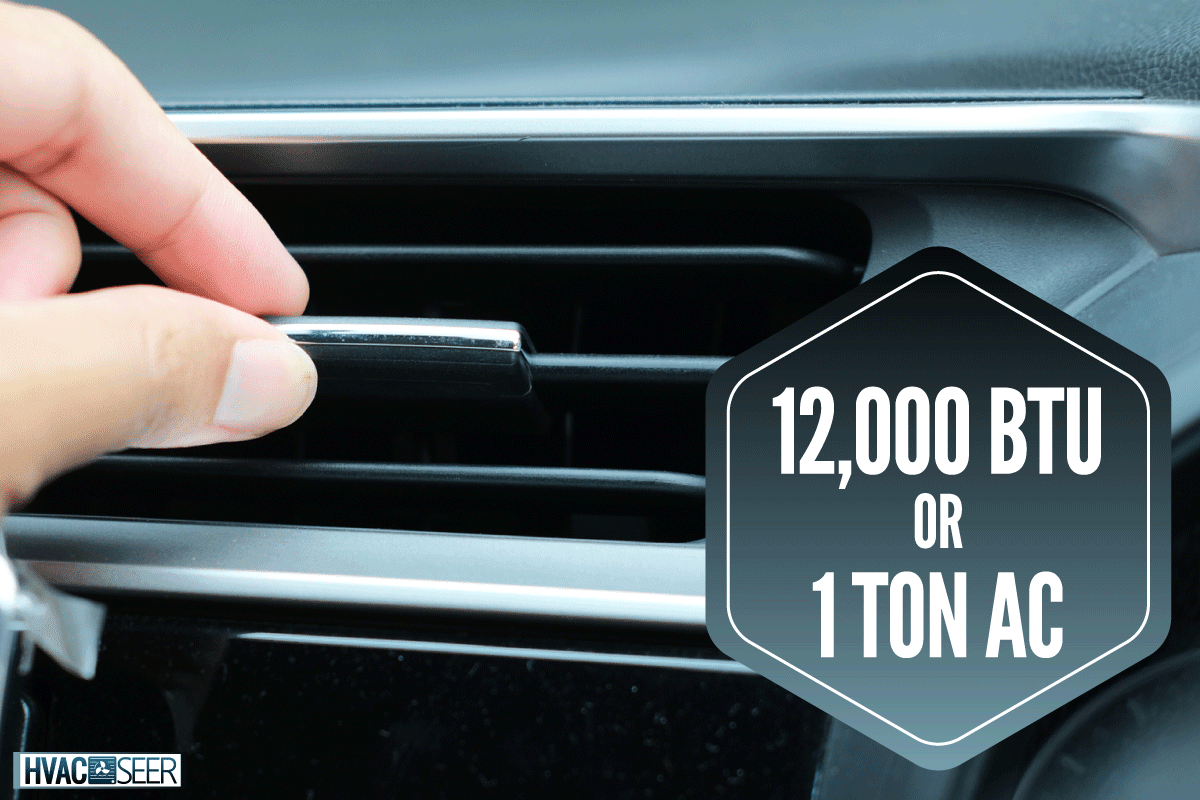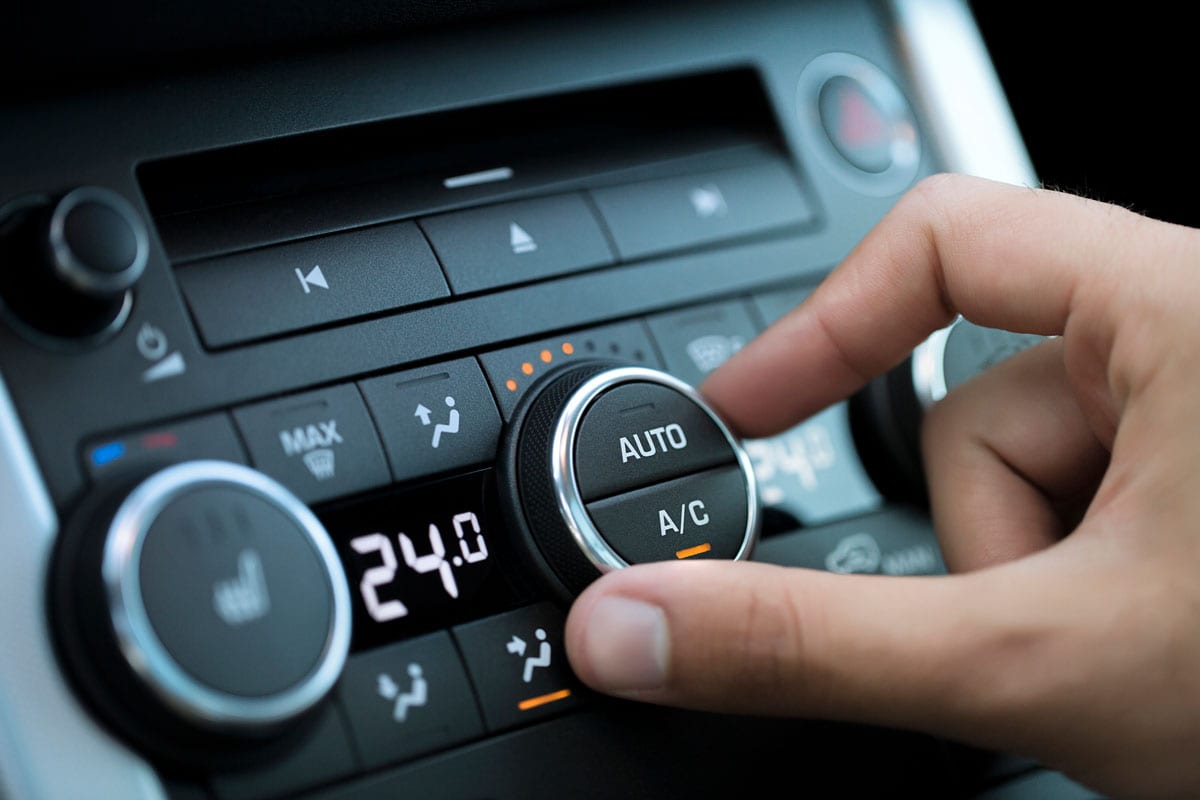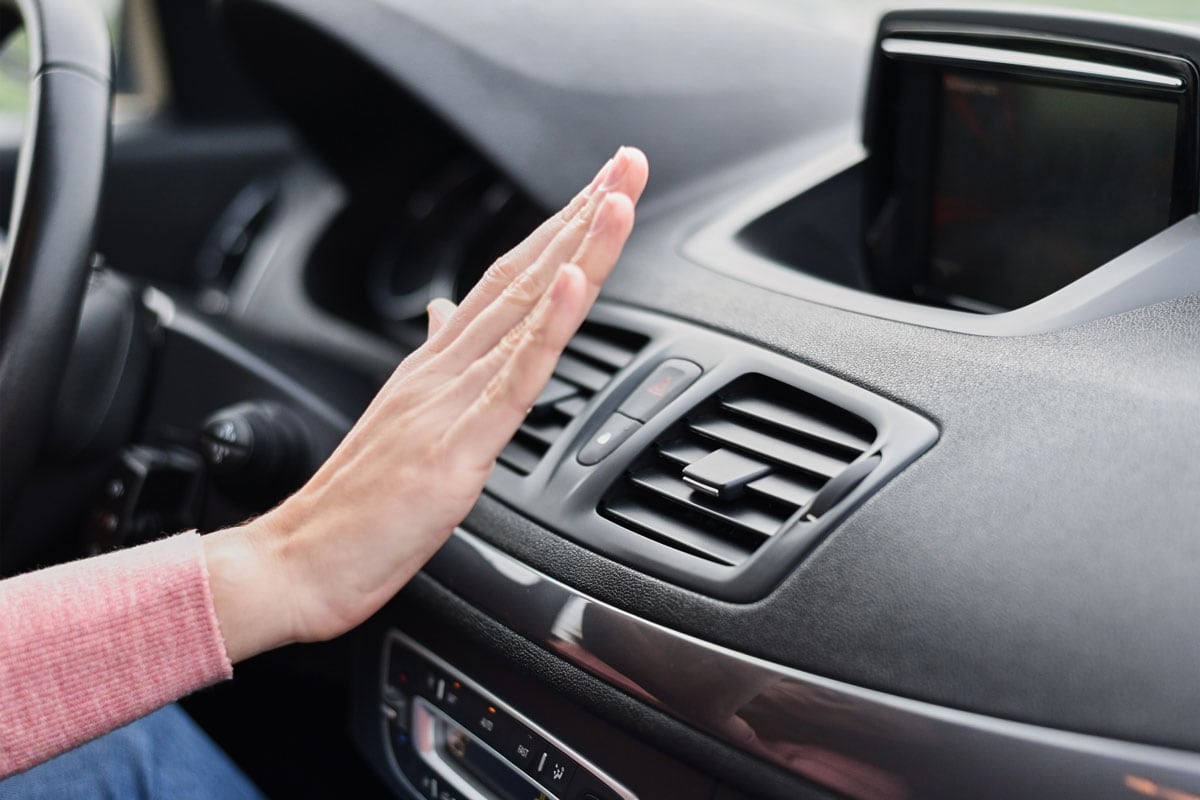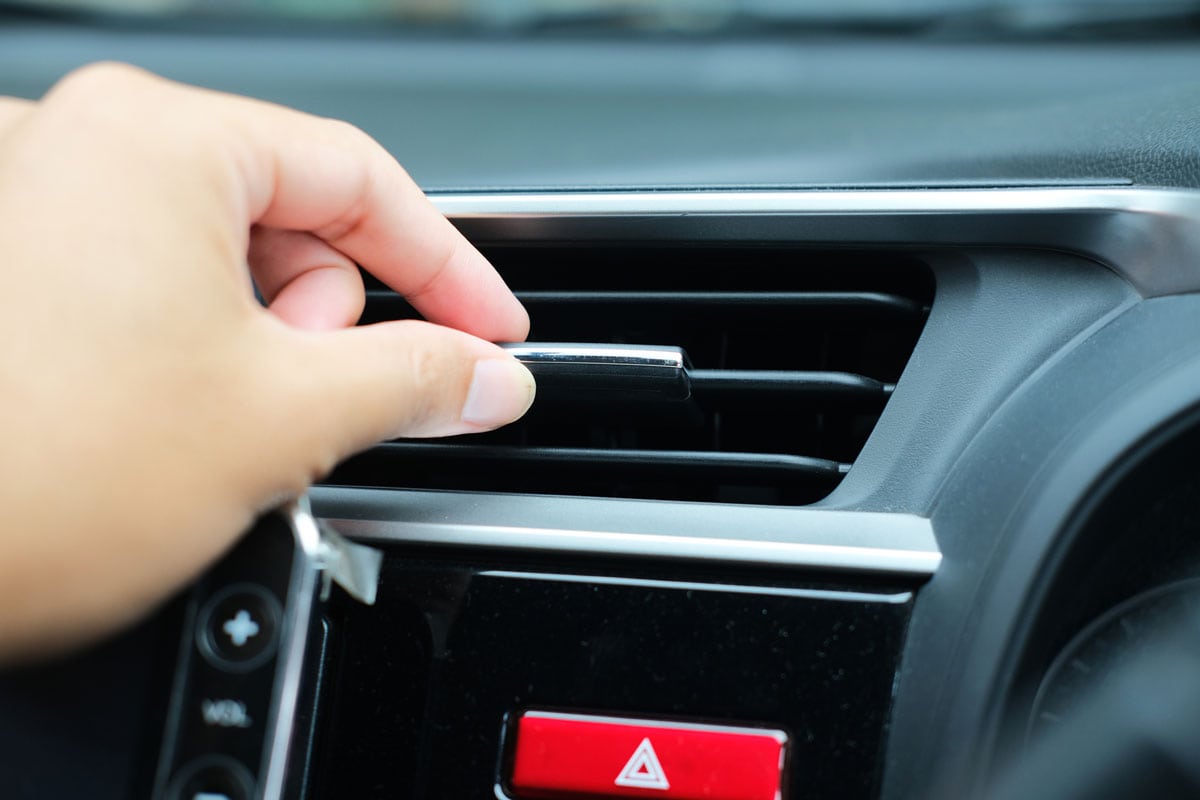One of the greatest human inventions is the car's air conditioner. The creation of this amazing machine varies in BTU sizes. That's why you're wondering how many BTU is a car air conditioner. Wonder no more! We have already researched this article and have the answer for you. Let's discuss.
In general, a 12,000 BTU or 1-ton air conditioner is what most cars use today. That's if your vehicle's interior is around the size of a regular apartment bathroom.
However, an SUV or other customized bigger cars will require a BTU ranging from 18,000 to 36,000.
Knowing the BTU in your car's AC will determine how efficient it is in comforting your car's interior. Stay tuned as we walk you through some follow-up queries you surely have in mind. With that said, let's start discussing it below!

How Cold Should A Car Air Conditioner Be?
Anything around 35 to 40 °F is a good temperature inside your car.
That is when the outside humidity is 70 °F. On severe hot days when the ambient thermal level is awfully 80 °F, you'll need a 45 to 50 °F.

How Can I Make My Car AC Colder?
During hot days, it's tempting to switch on your car's AC and set it to a max cool level immediately. Even so, we tend to put our car's AC to max level as soon as we get in our car.
However, starting the AC immediately isn't the best approach to make the interior of the car cool. Setting the car's AC to max level instantly will suck up hot air within the car and blows it inside.
Here below are some basic methods to make your car AC colder:
- Replacing air filter regularly
- Parking your car in a shaded spot
- Rolling down your car's windows
- Opening up your door
- Protecting your vehicle with a sun shield

Should I Leave My Car's Air Conditioner On All The Time?
Leaving your car's air conditioner on for as long as you're inside is good. However, we don't suggest always leaving it on if you're not using it.
Instead, save your freon gas, battery, and fuel. In addition, it can also prevent your car from overheating, so use your car's AC wisely. Do not leave it on all the time when unattended.
Is It Ok To Run The Air Conditioner While Parked?
Idling is known when turning on your car's engine while parked. This is not generally harmful if you run the car's AC while parking to adjust the idle speed.
Setting the idle speed to 1,500 RPM will ensure your car can support operating your AC. Rest easy knowing that sitting your vehicle in the scorching sun for hours is safe for the car and will not cause any damage to it.
WARNING: Also, ensure you don't open your car's window. The smoke emitted in your vehicle could harm children and older people.
Does Using The Air Conditioner Use Fuel?
Like many other systems, your car's AC system also uses fuel. Your AC system needs an engine that runs on a fuel-driven alternator.
Your car must obtain the energy required to keep your air conditioner working. If you want a nice, air-conditioned car, you'll have to spend some of your fuel money on it.
After all, it's always worth using a little fuel to stay cool and comfortable.
Does A Car AC Use More Fuel?
You might wonder if your vehicle uses more fuel when using the air conditioner. Well, the truth is yes! It is because of the additional stress on the engine.
When the engine is operating, it needs the power to move the engine and run the air conditioner. This increases fuel consumption by around 25%, especially in sweltering weather.
In addition, the effect of a gradual increase in your fuel efficiency can be higher in hybrid AC systems and electric cars.
Which Is More Fuel Efficient: AC On Or Windows Down?
SEA International conducted a test in the United States with a Ford Explorer and a Toyota Corolla. Both cars are 2009 models. The purpose of this test is to evaluate the fuel usage penalty.
Moreover, this includes driving while the car AC is on and with the window rolled down.
They assess both cars at steady speeds ranging from 64.4 to 113 kph or 40 to 70 mph. The result shows both cars consumed more fuel with the AC being on than with the windows rolled down.
Furthermore, they added this test was under the 100% max cooling load of the compressor duty cycles.

How long Can The Car AC Run On Battery?
Your vehicle's battery can provide about 28–30 minutes of air conditioning service when the engine is turned off. If you want a more extended usage, you'll have to choose a higher amp value to avoid lowering the battery's life.
However, we do not advise utilizing your car's AC when relying only on your car's battery.
How Long Does Freon Last In A Car?
Generally, a brand new car air conditioner may last five years without needing to be recharged with Freon. Refrigerant or freon evaporates as it blows back into your car's air conditioner system to cool your cabin.
How Often Do I Need To Recharge My Car's AC Refrigerant?
You should recharge your car's AC refrigerant under normal usage every 1–2 years.
But some vehicles can go for about five years, but it varies on the frequency of usage and the climate of where you usually travel.
Servicing your car regularly is essential, so keep that in mind.
It's ideal for getting your car to a service station to regularly recharge your vehicle's AC. Even the best cooling system vehicles will gradually lose 10% of the refrigerant yearly if you don't service your car regularly.
Why Does My Car AC Take So Long To Get Cold?

A properly functioning car air conditioner strongly impacts most motorist life on the road. Even a slight delay in cooling your car can add to your suffering or stress whenever you step inside. There could be various causes why this issue occurs.
The following are the most basic causes why your car's AC takes so long to get cold:
Coolant Leakage
Coolant leaks are probably the most common causes of a car AC taking a long time to get cold. Besides, a lack of coolant in your air conditioning system can also cause it to cool longer than it supposes.
Furthermore, you risk damaging your vehicle's whole air conditioning system if you don't address this issue immediately.
Coolant Valve Issue
The valve may be trapping a hot coolant inside, preventing the valve door from closing correctly. You can test and run your heater to verify if this caused the issue.
If the issue persists, don't hesitate to call an AC expert to get this issue fix.
Dirty Air Cabin Filter
A dirty air filter also leads to your AC cooling much longer. As it cleans the air before entering the car's vents, the filter might trap a significant amount of dust and air debris.
This hinders the cool air from getting through the car's vent faster.
Faulty Exterior Air Flaps
Exterior air flaps should not be open when the car's air conditioning unit operates. Otherwise, warm air will slip the car's cabin if the flap does not close properly.
A small mechanism known as a flap actuator is responsible for engaging the device to control your AC's air movement.
When the flap actuator doesn't properly function, you may notice a squeaking noise whenever you use your AC. This indicates that the device needs a repair or replacement.
See this Air Flap Actuator on Amazon.
Low Refrigerant
If the refrigerant is running low, this could take too long to cool your car. It begins blowing warm air through the vents, making your car's interior even more unpleasant.
A Faulty Compressor
Suppose the AC compressor is not applying pressure to the gas refrigerant. It does not convert it to a high-pressurized gas or fluid that helps remove heat from its system.
In addition, an unusual noise begins to show whenever you turn on your AC. This grinding noise is due to a faulty compressor bearing or clutch, resulting in your compressor malfunctioning.
To Wrap Up

Your car's air conditioner plays a vital role in maintaining the comfort you need while driving. Throughout this article, we learned tons of helpful information that helps you keep your car's desired temperature.
You've also discovered how to make your AC cool faster and that idling your car doesn't threaten your car and AC.
Made it this far? Check out these helpful related posts below!

